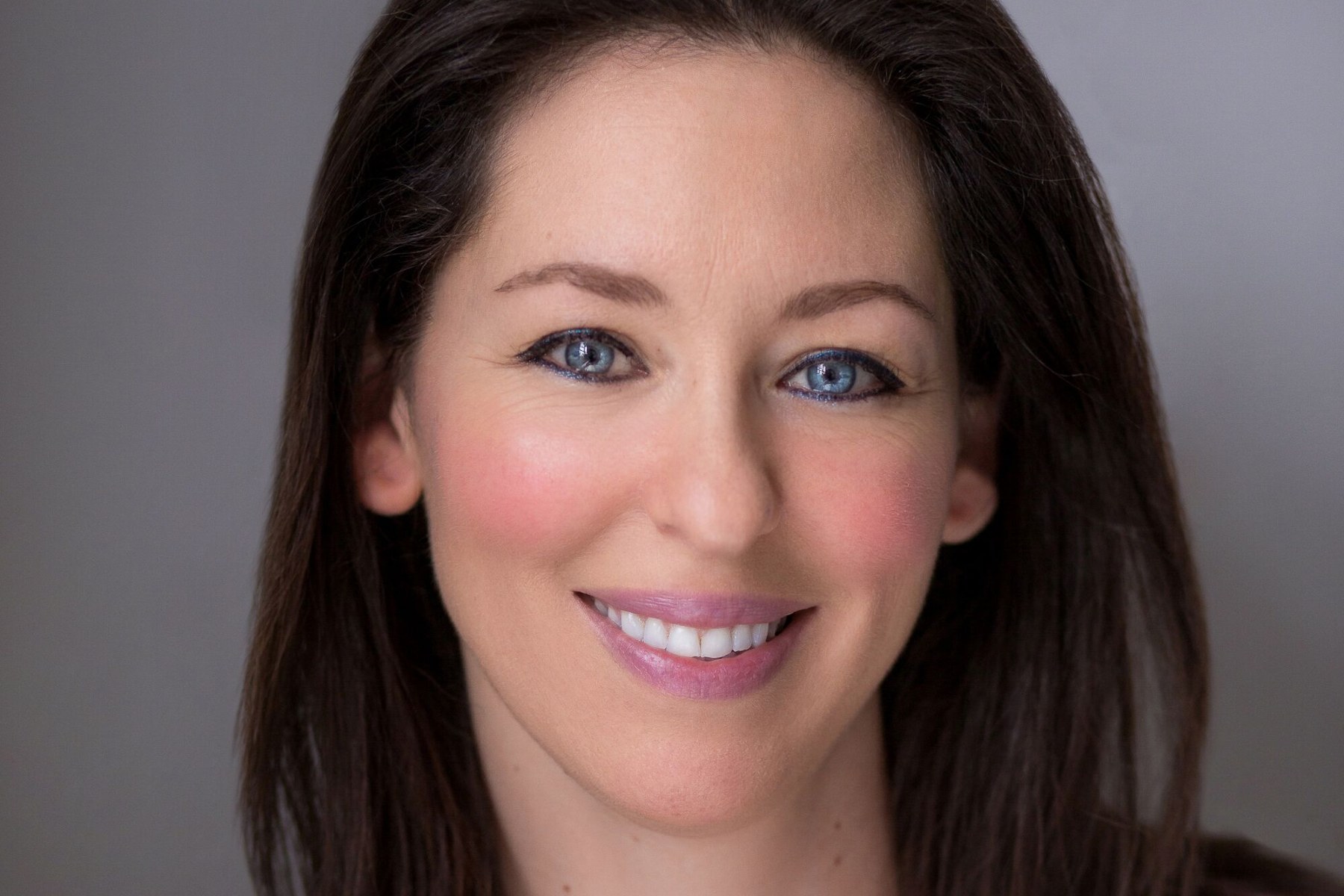- Home |
- Search Results |
- Meet the author: Beth Cartwright

They say that you spend your whole life writing your first novel, but it seems particularly true for Beth Cartwright. The author spent years exploring and absorbing the world – living and working in Greece, South East Asia and South America – before she settled on a way to creatively express that worldly curiosity: by studying English Literature and Linguistics at Lancaster University, in order to create fictional worlds of her own.
Her new debut novel, Feathertide, channels those passions and talents into a magical realist story following Marea, a girl born covered in golden feathers who sets off on a journey to discover why. Interweaving real-world issues amidst the more fantastical elements Marea must navigate along the way, the novel explores issues of family, identity, sexuality and education, amongst others.
When we got in touch with Cartwright to find out more about her life, she opened up about her literary influences, the danger of self-doubt and her job bottle-feeding lions.
Which writer do you most admire and why?
I like Jeanette Winterson, particularly her earlier novels. She writes with such fierce intelligence, and I love her poetic prose. Her sentences are so precise that they make you pause to think and wonder. I also love poets such as Leonard Cohen and Pablo Neruda.
What’s the strangest job you’ve had outside being an author?
My jobs have been mundane, but it was the routine of them that left my mind free to wander. Briefly, I was a bail clerk, and looking at court files was disturbing and fascinating; I have always been interested in the psychology of criminal/deviant behaviour.
When I taught in Greece, the lessons were in the evening, which was strange for me. I’d spend my afternoons in a taverna by the sea, then I’d climb the hill to the school. But working at an animal sanctuary in the hills of Argentina surrounded by monkeys – and bottle-feeding a lion – was the strangest.
Tell us about a book you’ve reread many times.
The Magic Apple Tree by Susan Hill is so immersive, and I have read it many times. Also, The Girl in a Swing by Richard Adams, which is probably considered a bit twee now, but for me it’s such a beautiful and haunting book, of which I have many copies.
What the best piece of writing advice you’ve ever been given?
Read.
What makes you most happy?
Animals, tea, cake, sweet-peas, woods, the sound of the rain, Greek islands, Italian piazzas, poetry, memories of my grandparents, solitude, simplicity, kindness.
What’s your biggest regret?
I don’t really regret anything I’ve done, only how long I spent doing it. So, I would have to say wasting time – something I’m very good at! A lot of that is down to a lack of confidence – confidence is a gift that can open many doors. Self-doubt is such a villain.
What’s your ideal writing scenario?
Silence and solitude. I write slowly, so I need many hours without distraction.
...and your ideal reading one?
The same – it’s symbiotic. Usually I read in bed, with the cats beside me and a cup of tea.
What’s your favourite book you’ve read this year?
The Beekeeper of Aleppo by Christy Lefteri.
What inspired you to write your book?
It wasn’t from one idea, but from a collection of many over time – from observing, listening and visiting new places. As a child I could usually be found in a wood, which is a great place to stir the imagination. Everything began there.
Feathertide by Beth Cartwright is out now.